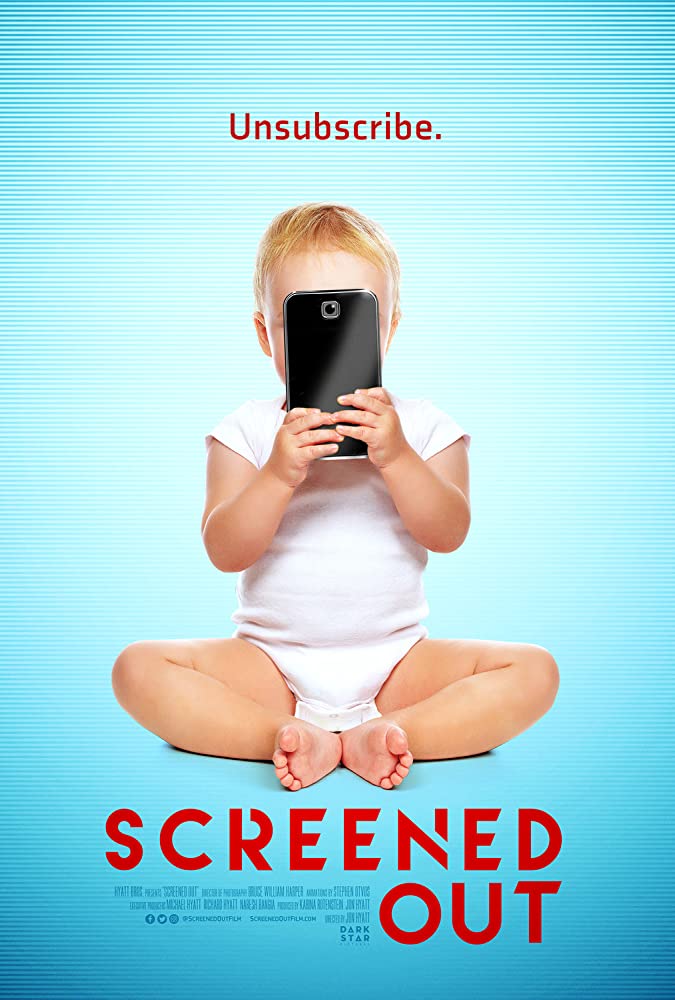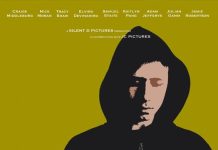How does one define an addiction – and how seemingly harmless and safe are some that we don’t define as such?
Film-maker Jon Hyatt, at the outset of his brand-new documentary SCREENED OUT, reflects on a time when even if you weren’t good at sports or external activities, there was always time for friends and interaction, something that he is struggling to do, despite having a wife and three children to focus on.
Strangely, given the Covid-19 crisis, it is probably the wrong time to advise people to come off their social media feeds and their connections, as the technology is one of the core assets and essentials that we are all relying on to stay as connected as we can be, be it through Facebook or Instagram, or via video chat opportunities like Skype or Zoom.
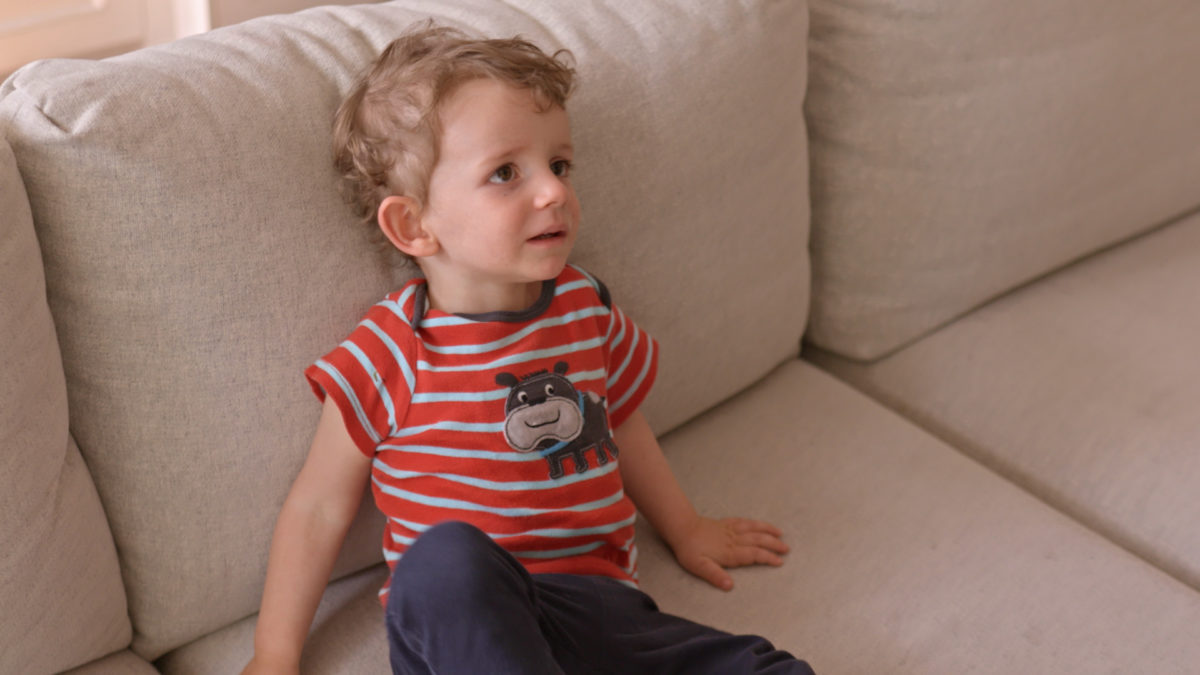
Hyatt, as does his wife, makes a conscious decision to detach himself from the luxury of technology and looks into what it is specifically about the devices that keep us focused – and like all analysis of addiction, the actual device doesn’t appear to be the root cause, but the corporate branding and business mindset of magnates like Mark Zuckerberg and the late Steve Jobs, whose very goal seemed at the outset to make people more connected to the world rather than less connected.
However, from the evidence presented by many of the key commentators, in particular a woman who runs an purpose-built device addiction rehab centre, the first of its’ kind in the USA, there is a determination to see it more than just a device that we have to refer to when we are conducting business and something that if overly-used becomes a psychologically-damaging burden on the individual and the immediate relationships that proper social interaction yields in a more historical and traditional context.
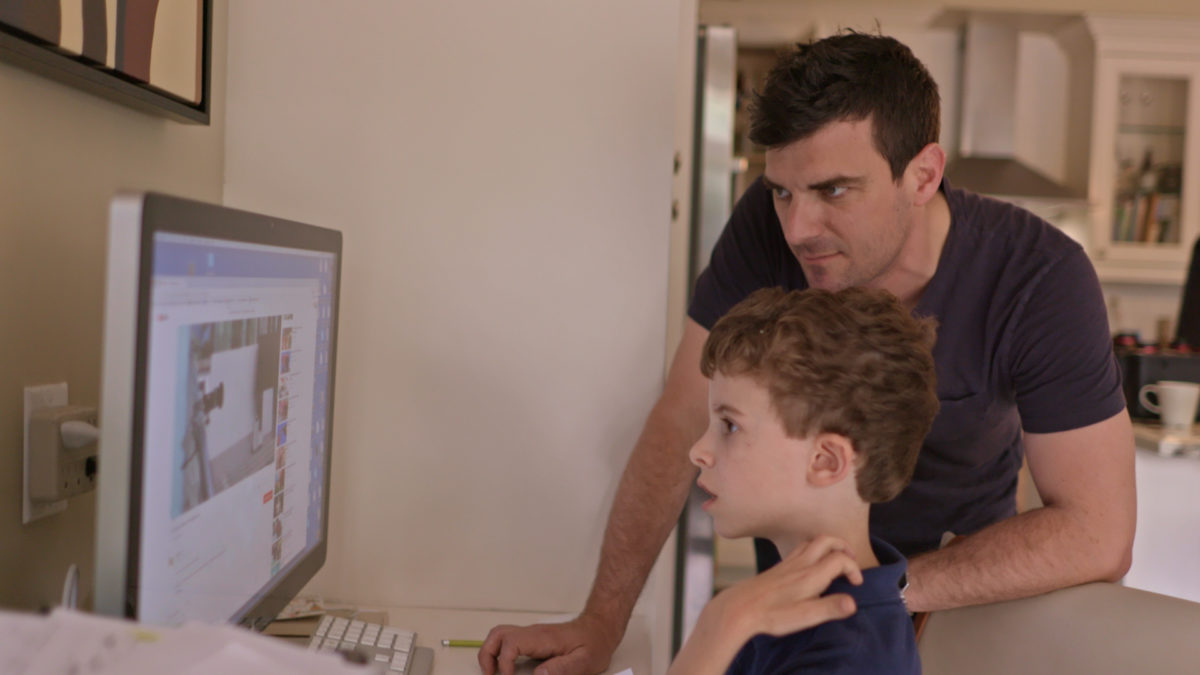
The recent indie kids film ADVENTURE BOYZ is representative of this new-found clarity that people should be leaving the devices alone and entering the real world where emotional and professional relationships are formed, to properly experience the joys of childhood and adolescence.
Another idea the documentary presents is that it is the concept of instant reward from the constant scanning of the social media feeds which most of us in the world appear to have. Hyatt’s wife brings up that before a cigarette break was the way of combatting a lull in the conversation, whereas she states that it is looking at the device. Other things that are given is that when a device is taken away from a child, boredom begins to set in which forces the child to use their imagination, the very thing that is not tech-based that enables them to thrive as proper human beings.
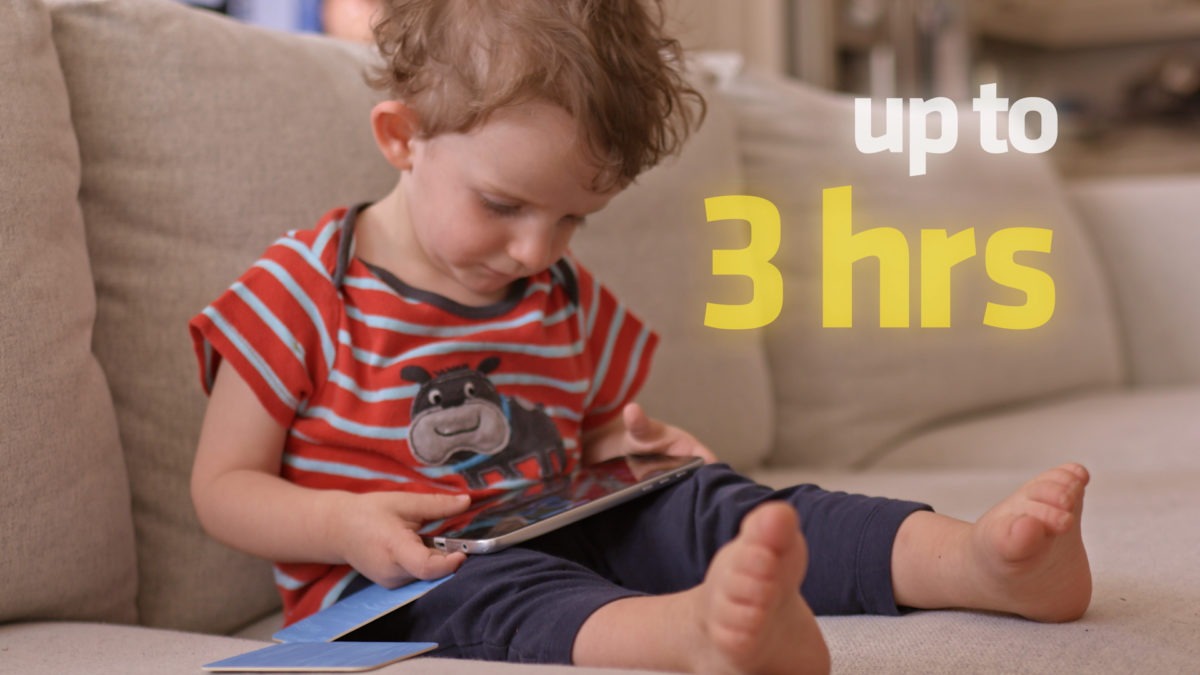
SCREENED OUT doesn’t mince words when it comes to the effect that the social media giants have in terms of attracting pay-per-click concepts and there is as much an undercurrent of political dissatisfaction with what the US Congress tries to see as a strength.
The arguments are not new and simply reflect what has been said before, but the future in a more increased online and streaming context does have a lot of questions outstanding to be answered.
A thought-provoker.
To learn more about the film, please go to:
To pre-order on iTunes, please go to:


